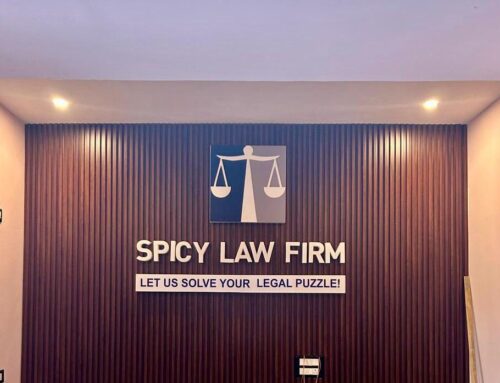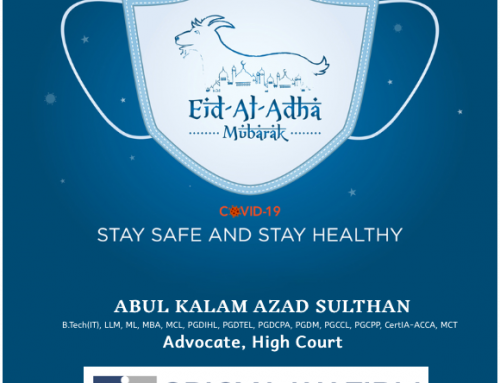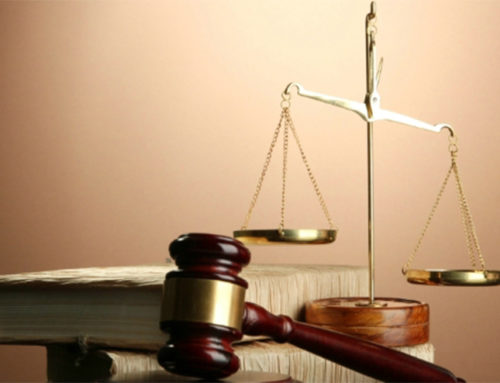– Abul Kalam Azad Sulthan, Advocate, High Court of Judicature at Madras and Madurai Bench of Madras High Court & Partner, Spicy Law Firm.
It is an interesting question whether a person from the Scheduled Caste community converted to Islam or Christianity can claim reservation benefits to contest election from constituencies reserved for Scheduled Castes. The answer is a definite no as per the laws of the land and precedents set by the Hon’ble Courts.
It is a settled position that once a person converts to any religion other than Hinduism, Sikh, and Buddhism, he cannot claim the benefits of reservation given for the Scheduled Caste. It is because THE CONSTITUTION (SCHEDULED CASTES) ORDER, 1950 categorically states as follows:
“3. Notwithstanding anything contained in paragraph 2, no person who professes a religion different from the Hindu[, the Sikh or the Buddhist] religion shall be deemed to be a member of a Scheduled Caste.”
Hence a person who is professing Christianity or Islam shall not be deemed to be a member of a Scheduled Caste.
In “Kailash Sonkar vs Smt. Maya Devi on 16 December, 1983 (1984 AIR 600, 1984 SCR (2) 176)”, the Hon’ble Apex Court laid down the dictum as follows:
“This case merely lays down the triple test enunciated in Jasani’s case. To the same effect are the decisions in the cases of Wilson Reade v. C.S. Booth & Ors.,(1) and B Shyamsunder v. Shankar Deo Vedalankar & Ors.(2) On a careful consideration of the authorities referred to above and the principles enunciated by them, the position that emerges may be stated thus:
It is true that caste to which a Hindu belongs is essentially determined by birth and if a Hindu is converted to Christianity or any other religion which does not recognise caste, the conversion amounts to a loss of the said caste.”
Further, a Division Bench of the Hon’ble Madras High Court decided similar issue in G.Michael Vs. S.Venkateswaran [1952 (1) MLJ 239]. It was held by the Division Bench therein as follows :
“Christianity and Islam are religions prevalent not only in India but also in other countries in the world. We know that in other countries these religions do not recognise a system of castes as an integral part of their creed or tenets. Is it different in India? Mr. Venkatasubramania Aiyar frankly confessed that so far as Islam is concerned there is no question that it does not tolerate any difference based on caste distinction. A member of one of the castes of sub-castes when he is converted to Islam ceases to be a member of any caste. He becomes just a Mussalman and his place in Muslim society is not determined by the caste to which he belonged before his conversion. Learned counsel also conceded that generally this is so even when there has been a conversion to Christianity. But he said that there were several cases in which a member of one of the lower castes who has been converted to Christianity has continued not only to consider himself as still being a member of the caste but has also been considered so by other members of the caste who had not been converted. I am prepared to accept that instances can be found in which in spite of conversion, the caste distinctions might continue. This is somewhat analogous to cases in which even after conversion certain families and groups continue to be governed by the law by which they were governed before they became converts. But these are all cases of exception and the general rule is conversion operates as an expulsion from the caste; in other words, a convert ceases to have any caste.”
In K.P. Manu, Malabar Cements Ltd. vs Chairman, Scrutiny Committee, the Hon’ble Apex Court opined as follows:
“34. In our considered opinion, three things that need to be established by a person who claims to be a beneficiary of the caste certificate are (i) there must be absolutely clear cut proof that he belongs to the caste that has been recognised by the Constitution (Scheduled Castes) Order, 1950; (ii) there has been reconversion to the original religion to which the parents and earlier generations had belonged; and (iii) there has to be evidence establishing the acceptance by the community. Each aspect according to us is very significant, and if one is not substantiated, the recognition would not be possible.”
” Once such a person ceases to be a Hindu and becomes a Christian, the social and economic disabilities arising because of Hindu religion cease and hence it is no longer necessary to give him protection and for this reason he is deemed not to belong to a scheduled caste.”
On 12.02.2021, the Law Minister of India in response to a question in Rajya Sabha said that Dalits converting to Islam or Christianity cannot claim reservation benefits and it will also deprive the person the eligibility to contest parliamentary or Assembly election from constituencies reserved for Scheduled Castes (SC). He also clarified that those who have adopted Hindu, Sikh, and Buddhist faiths would be eligible for contesting from SC reserved seats and getting other reservation benefits. He further elaborated on the aspect of eligibility to fight an election from reserved constituencies. The Law Minister of India added that Para 3 of the Constitution (Scheduled Castes) Order outlines that no person who professes a religion different from Hindu, Sikh, or Buddhist religion shall be deemed to be a member of a Scheduled Caste.
The purpose of reservation of constituencies/wards is to give representation in politics and also empower the disadvantaged communities and ensure their participation in the decision-making process of the State. The noble object of the reservation will be ruined if a person who has become a part of the Backward Class due to his conversion to Islam or Christianity is allowed to contest from the constituency reserved for scheduled caste.







Leave A Comment